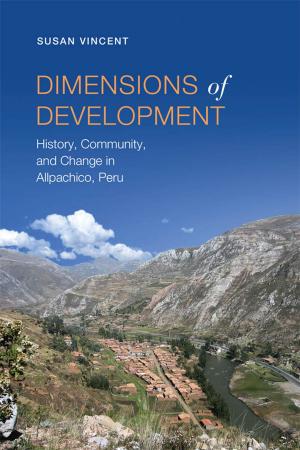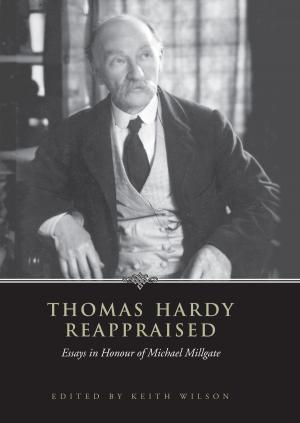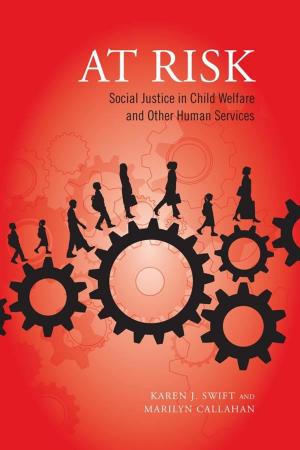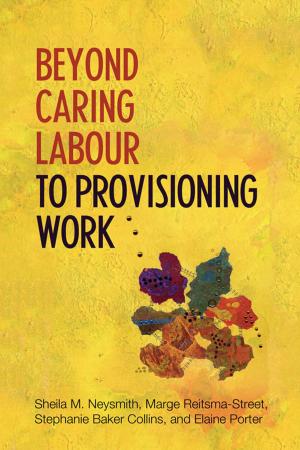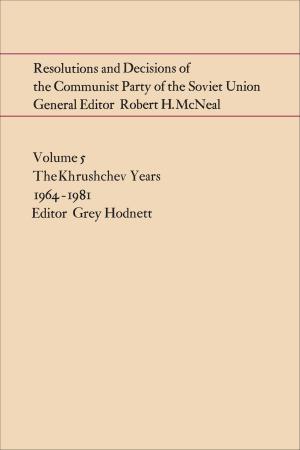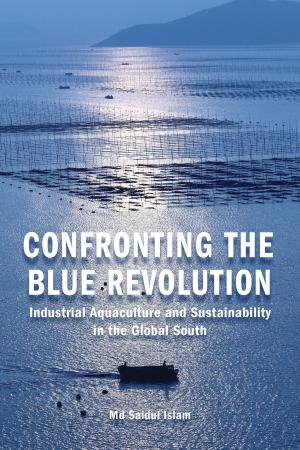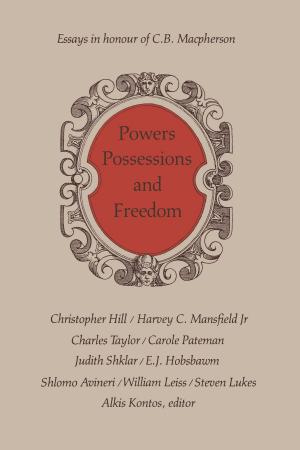Canadian Annual Review of Politics and Public Affairs 2002
Nonfiction, Social & Cultural Studies, Political Science| Author: | ISBN: | 9781442692770 | |
| Publisher: | University of Toronto Press, Scholarly Publishing Division | Publication: | April 12, 2008 |
| Imprint: | Language: | English |
| Author: | |
| ISBN: | 9781442692770 |
| Publisher: | University of Toronto Press, Scholarly Publishing Division |
| Publication: | April 12, 2008 |
| Imprint: | |
| Language: | English |
Both at home and abroad, the events of 2002 contrasted significantly with those of the previous year, something for which most Canadians could be extremely grateful. To no one's surprise, however, the year was dominated by the issues that had captivated the world's attention at the end of 2001: the attacks on the United States and the subsequent 'war on terror' declared by the Bush administration. Canada had chosen to stand 'shoulder to shoulder' with its southern neighbour in response to those attacks, and in 2002 the meaning of that commitment became clear as Canada entered into full-scale combat operations in Afghanistan, suffered its first casualties, and ended the year torn over whether to follow the United States should it choose to send troops to Iraq.
On the home front, a battle of an altogether different magnitude reached a turning point with the seeming resolution of the long-running struggle between Prime Minister Jean Chrétien and Minister of Finance Paul Martin, even though by year's end, it was by no means clear who had actually won. Similarly, a number of the consequences of the 9/11 attacks remained unresolved. Changes to legislation regarding national security failed to be approved; Ottawa software engineer Maher Arar, who was arrested and deported by the United States on suspicion of terrorist links, languished in a Syrian jail despite official protest by the Canadian Government; and the war drums were beating loudly around Iraq.
Continuing in the tradition of excellence for which the series has long been acclaimed, the Canadian Annual Review of Politics and Public Affairs 2002 presents detailed information and insightful analyses of issues and events that have had a lasting impact both nationally and internationally.
Both at home and abroad, the events of 2002 contrasted significantly with those of the previous year, something for which most Canadians could be extremely grateful. To no one's surprise, however, the year was dominated by the issues that had captivated the world's attention at the end of 2001: the attacks on the United States and the subsequent 'war on terror' declared by the Bush administration. Canada had chosen to stand 'shoulder to shoulder' with its southern neighbour in response to those attacks, and in 2002 the meaning of that commitment became clear as Canada entered into full-scale combat operations in Afghanistan, suffered its first casualties, and ended the year torn over whether to follow the United States should it choose to send troops to Iraq.
On the home front, a battle of an altogether different magnitude reached a turning point with the seeming resolution of the long-running struggle between Prime Minister Jean Chrétien and Minister of Finance Paul Martin, even though by year's end, it was by no means clear who had actually won. Similarly, a number of the consequences of the 9/11 attacks remained unresolved. Changes to legislation regarding national security failed to be approved; Ottawa software engineer Maher Arar, who was arrested and deported by the United States on suspicion of terrorist links, languished in a Syrian jail despite official protest by the Canadian Government; and the war drums were beating loudly around Iraq.
Continuing in the tradition of excellence for which the series has long been acclaimed, the Canadian Annual Review of Politics and Public Affairs 2002 presents detailed information and insightful analyses of issues and events that have had a lasting impact both nationally and internationally.

